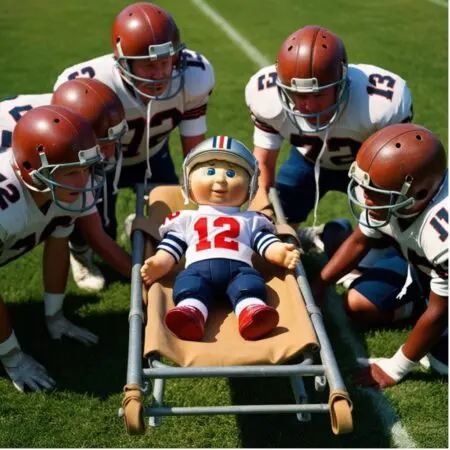
BACKGROUND Anyone following progress in Alzheimer’s disease (AD) via the popular press, the scientific literature, or my website (https://ouragingbrains.com/category/in-t…
BACKGROUND …
BACKGROUND Anyone following progress in Alzheimer’s disease (AD) via the popular press, the scientific literature, or my website (https://ouragingbrains.com/category/in-the-news/) will know that 2024 was a remarkably productive year for AD researchers and their sponsoring organizations. The most recent addition to the expanding literature on AD and related dementias was the December 23, 2024 Christmas gift from the Alzheimer’s Association to primary care physicians and their patients: A special edition of their journal, Alzheimer’s&Dementia offering the firs…



































